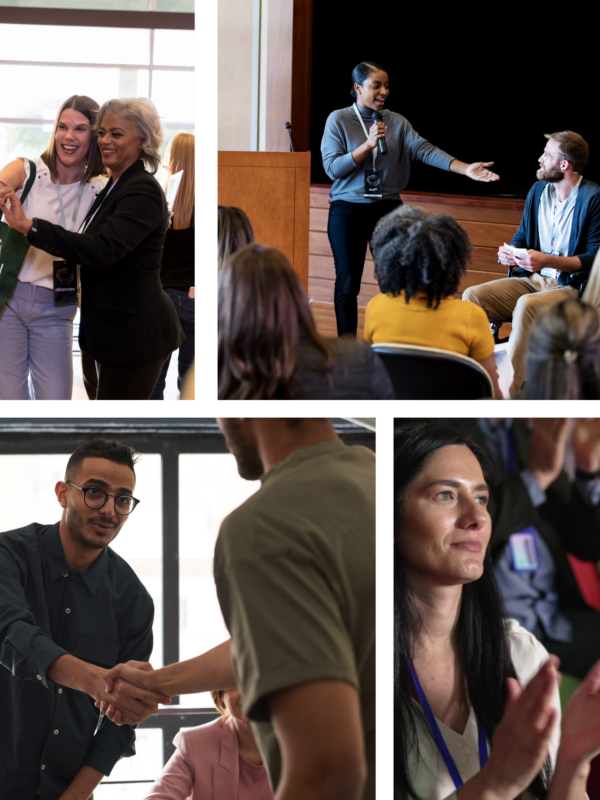Explore groundbreaking insights and collaborate with leading experts to unlock solutions at the forefront of mitigating gambling related harm.
Connect with industry leaders, forge valuable relationships, and discover actionable strategies to advance your professional education.
Cultivate new skills and contribute to the collective efforts to combating problem gambling and encouraging responsible gambling.
Connect with participants from around the world to share insights, strategies, and best practices, contributing to a global effort to combat gambling addiction and advance responsible gambling initiatives.
Explore innovative approaches and solutions aimed at tackling gambling addiction and promoting responsible gambling behaviors through dynamic discussions and presentations from renowned experts.
Participate in interactive workshops designed to equip you with practical tools and skills for problem gambling prevention, education, and treatment.
Forge meaningful connections with like-minded individuals and organizations committed to combating gambling addiction and promoting responsible gambling.

I appreciate that there are people from different fields present and the emphasis on having hard conversations for the sake of reducing problem gambling in our communities.
Overall it was an amazing experience. I liked that the first and last days were half days with longer sessions and then two full days were shorter sessions. The food also was amazing.
I liked all the elements that dealt with various aspects of problem gambling. Rome was not built in one day and by having these type of conferences to learn from each other.
The networking was terrific. The relaxed vibe created a friendly atmosphere where conference goers were comfortable meeting new people.
Overall, a very enjoyable experience which reinvigorated my drive and determination to serve the population of persons and families affected by problem gambling.
I love getting to meet new colleagues and visiting with those I have known. The CE’s, sessions and other activities are icing on the cake.
I appreciate that there are people from different fields present and the emphasis on having hard conversations for the sake of reducing problem gambling in our communities.

on Gambling Addiction &
Responsible Gambling 2024